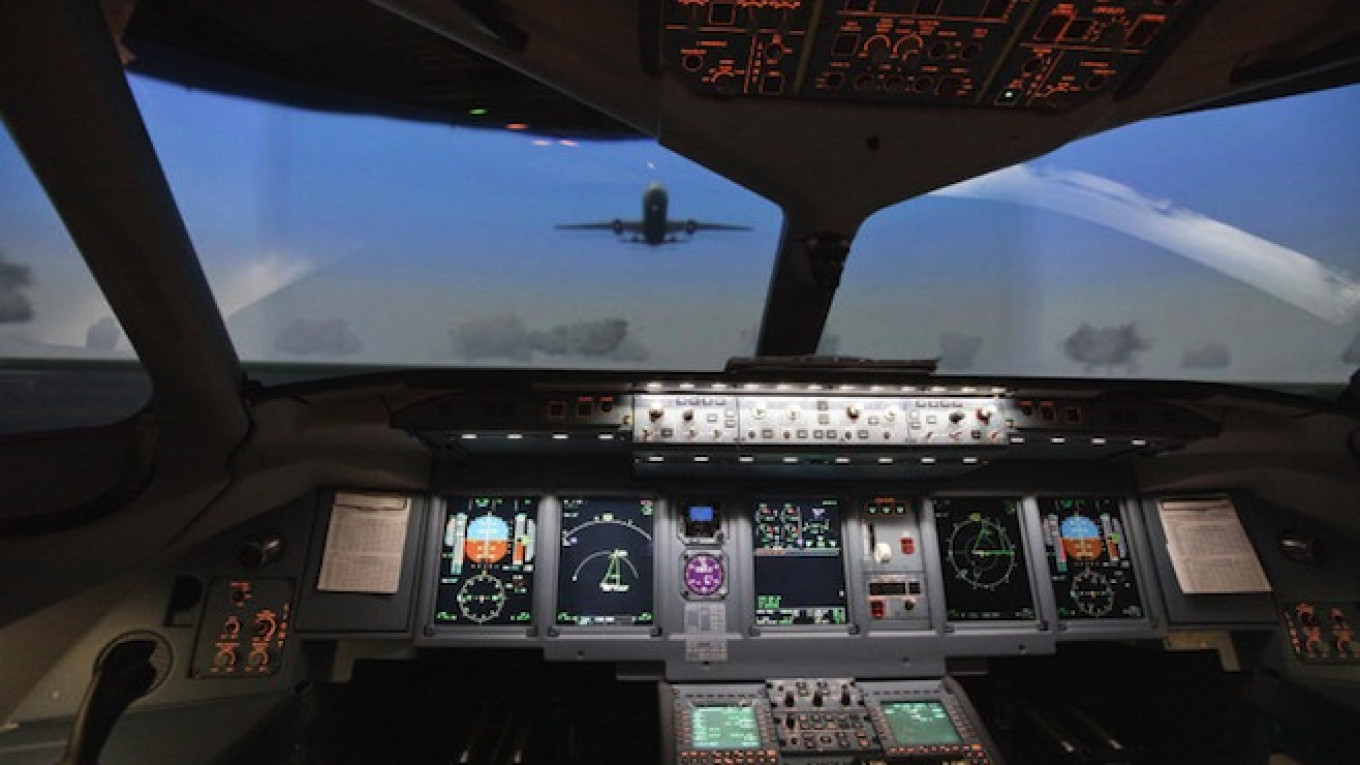Russian airlines have announced operating losses of 24 billion rubles ($376 million) for the first quarter of 2016, the Kommersant newspaper reported Tuesday.
Vladimir Tasun, president of the Russian Association of Air Transport Carriers, told the newspaper that “figures appeared dismal” and that the industry’s poor performance was a result of a number of negative factors carried over from last year.
Russia's airlines suffered several setbacks in 2015 due to a worsening political climate.
Commercial flights to Russian holiday hotspot Egypt were cancelled after the bombing of flight A321 over the Sinai desert in November last year while all commercial flights between Ukraine and Russia were also suspended.
Charter flights to Russian tourist favorite Turkey have also been cancelled for the last eight months, after a Russian jet was shot down by Turkish forces on the border with Syria.
Russia’s Transport Ministry announced this week that charter flights to Turkey are set to resume shortly following an official apology from Turkish President Recep Erdogan for the downed Russian plane.
The plunging value of the ruble has also forced many Russian holidaymakers to stay at home, with oil prices still struggling to gain significant ground. The 2015 closure of Russia’s largest private airline Transaero also contributed to the sector’s overall decline.
Losses on domestic routes totalled 25 billion rubles ($391 million) in the first quarter of 2016, while profits on international routes reaching just 1.5 billion rubles ($23 million). The figures show a substantial jump from the first quarter of 2015, when losses totalled 16 billion rubles ($250 million).
“In the current economy, even a minimal [ticket] price rise would just worsen the situation,” Tasun said.
“What is needed is a more strategic response from the industry and continued state support. It’s obvious that we won’t be able to bring back demand just by raising prices and reopening charter flights to Turkey.”
Experts have warned that airliners need to develop coordinated policies on raising ticket prices and reducing surplus energy supply and overhead costs, Kommersant reported. The Ministry of Transport submitted proposals last month to reduce VAT on domestic passenger flights until the end of 2017, but the plans are yet to be approved.
A Message from The Moscow Times:
Dear readers,
We are facing unprecedented challenges. Russia's Prosecutor General's Office has designated The Moscow Times as an "undesirable" organization, criminalizing our work and putting our staff at risk of prosecution. This follows our earlier unjust labeling as a "foreign agent."
These actions are direct attempts to silence independent journalism in Russia. The authorities claim our work "discredits the decisions of the Russian leadership." We see things differently: we strive to provide accurate, unbiased reporting on Russia.
We, the journalists of The Moscow Times, refuse to be silenced. But to continue our work, we need your help.
Your support, no matter how small, makes a world of difference. If you can, please support us monthly starting from just $2. It's quick to set up, and every contribution makes a significant impact.
By supporting The Moscow Times, you're defending open, independent journalism in the face of repression. Thank you for standing with us.
Remind me later.


